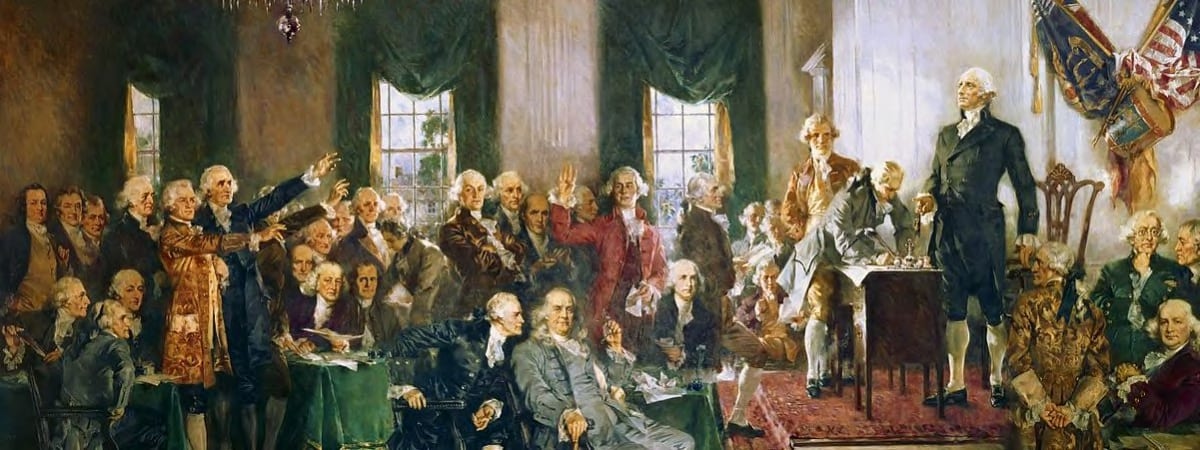The Four Factors of Political Development
History demonstrates political development and the flowering of free systems of government relies upon certain ingredients.
Measuring political development seems, to me, best measured by 1) the presence of liberal attitudes in the body politic, 2) the codification of liberal values in the law, 3) the durability of institutions in society, and 4) the overall stability of the political system.
While the emphasis on each value may vary, most secure and stable countries have the presence of each to some degree. Meanwhile, a society where any factor has collapsed begins spiraling into dysfunction before taking the others with it, unless that aspect is shored up and revived. In places where these factors have collapsed, either anarchy or tyranny reign.
A good study in comparisons would be considering the differences between the American and French Revolution.
In America, each of these factors already existed in the colonies thanks to the British policy of salutary neglect. Before the first thought of rebelling against the British empire ever entered an American mind, there were already unique and expansive liberal attitudes, codification of liberal values in the local forms of self-governance, well-entrenched institutions and an expectation for their durability, and a general, local sense of stability.
This is why the American Revolution is often paradoxically called a conservative revolution, because rebellion was only fomented by British efforts to rein in the leash of the colonists. It wasn't until liberal attitudes were called treason, liberal values in the law were abused and dismissed, institutions were overturned and assaulted, and stability in the colonies was shattered that the colonists took up arms against the mother country.
After the British were defeated and banished from American shores, the "revolutionaries" immediately set out to establish things as they had been before. And, though the Articles of Confederation proved ineffective and perpetrated a crisis of legitimacy and a threat to the fabric of the union, the four factors remained integral aspects of American society and a solution was arrived upon (the US Constitution) that has led to a continually peaceful transfer of power for well over two centuries.
The French Revolution is a wholly different creature. That revolution was precursed by a regime with no liberal values, institutions that benefited the landed aristocracy and left everyone else in squalor, and stability that relied upon the absolute power of the monarchy.
While many revolutionary leaders professed liberal attitudes and goals, the masses were far more motivated simply by the injustices of the existing political system. They succeeded in collapsing the monarchy, but there was no flowering of democracy in France as there had been in America. Demonstrated first by Robespierre's terror and second by the rise of the Napoleonic dictatorship, it took far longer for France to be a functioning, tranquil polity than it did in America.
History demonstrates political development and the flowering of free systems of government relies upon certain ingredients. In the absence of these ingredients, even the most well-intentioned efforts will likely fail. But with these ingredients, the most determined reactionary forces can be overcome.
This suggests two things. Firstly, those working to create more free and more representative realities in society would do well to focus their efforts on cultivating proper conditions instead of simply challenging the status quo. And secondly, the determination by some that certain peoples across the world are “less desirous of or less disposed for freedom than others” may be a gross oversimplification of societal realities. It is possible to conclude that all people desire the basic human dignity of individual autonomy while also recognizing whether or not the ingredients for political development are present in a specific society.



